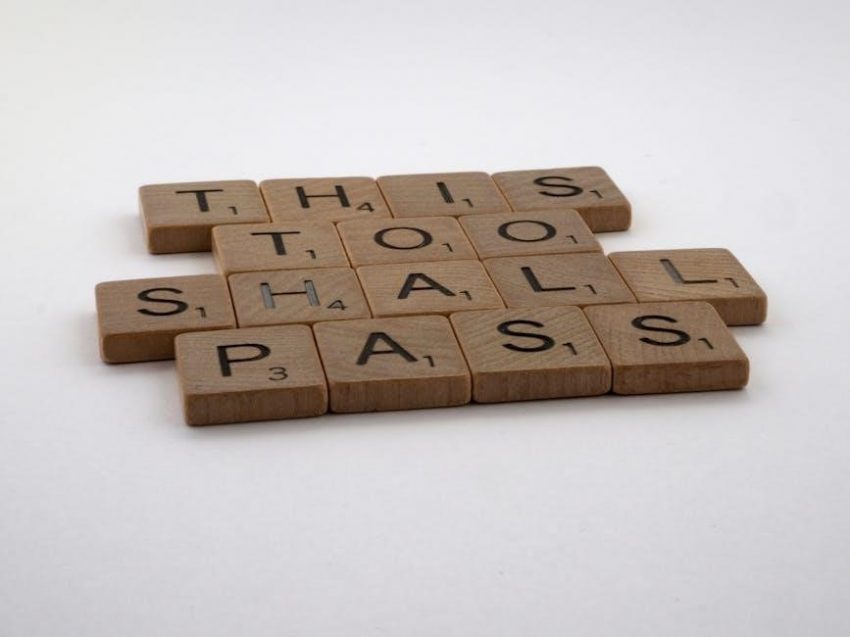Mira Kirshenbaum’s Too Good to Leave, Too Bad to Stay offers a compassionate guide to navigating relationship decisions. This book provides clarity and support for those torn between staying and leaving, helping readers make empowered choices for their emotional well-being.
1.1 Overview of the Book’s Purpose and Structure
Mira Kirshenbaum’s Too Good to Leave, Too Bad to Stay is designed to help individuals navigate the difficult decision of whether to remain in or leave a relationship; The book’s primary purpose is to provide clarity and empowerment, offering readers the tools to make informed, emotionally intelligent choices. Structured as a step-by-step guide, it combines practical advice with psychological insights to address the complexities of relationships. The book is divided into clear sections, each focusing on key aspects of the decision-making process. It begins with understanding the emotional and practical factors at play, followed by evaluating the relationship’s potential for growth or harm. Kirshenbaum also includes a 35-question guide, a unique framework to assess whether a relationship is worth preserving or ending. By blending empathy with actionable strategies, the book creates a supportive environment for readers to explore their options and prioritize their well-being. Its structured approach ensures that readers can systematically evaluate their circumstances, making it easier to move forward with confidence.

Understanding the Decision-Making Process
The decision to stay or leave a relationship involves balancing emotions, practical needs, and long-term goals. It requires evaluating both the positive aspects and the harmful patterns that may exist, ensuring a choice aligned with personal well-being and growth.
2.1 Key Factors to Consider When Deciding to Stay or Leave

When deciding whether to stay in or leave a relationship, several critical factors come into play. Emotional well-being is paramount, as ongoing distress can erode self-esteem and mental health. Assessing the relationship’s potential for growth and change is essential, as well as evaluating the presence of mutual respect and trust. Another key consideration is the balance between the relationship’s positive aspects and its harmful patterns. Fear of the unknown, financial stability, and the impact on children or other dependents also play significant roles. Additionally, it’s important to reflect on whether the relationship aligns with long-term goals and values. Mira Kirshenbaum’s 35-question guide provides a structured approach to evaluating these factors, helping individuals clarify their feelings and priorities. By carefully weighing these elements, one can make a decision that honors their needs and fosters personal growth.
The Role of Emotional Health in Relationships
Emotional health plays a vital role in relationships, influencing decisions to stay or leave. Unresolved conflicts and negativity can drain well-being, while mutual respect and support foster growth. Prioritizing emotional well-being ensures healthier, more fulfilling connections.
3.1 How Emotional Well-being Impacts the Decision
Emotional well-being significantly influences whether one decides to stay in or leave a relationship. Negative emotional states, such as consistent stress or unhappiness, often signal poor mental health, which can stem from unresolved conflicts and fear of the unknown. These factors can lead to anxiety and affect decision-making, causing individuals to stay in unhealthy relationships due to fear of uncertainty. Additionally, poor communication and lack of mutual respect can exacerbate emotional distress, further complicating the decision. Conversely, positive emotional well-being, characterized by mutual support and respect, facilitates healthier decisions. Thus, emotional health is a crucial determinant in navigating the challenges of relationship decisions.

Practical Steps for Evaluating the Relationship
Evaluating a relationship involves assessing communication patterns, mutual respect, and long-term compatibility. Mira Kirshenbaum’s 35-question guide helps identify deal-breakers and strengths. Reflecting on emotional support and shared values provides clarity, enabling informed decisions for a healthier future.
4.1 Using the 35-Question Guide to Assess the Relationship
Mira Kirshenbaum’s 35-question guide is a practical tool for evaluating relationships. It helps individuals identify deal-breakers and strengths, encouraging honest reflection on communication, respect, and future compatibility. The guide is divided into key categories, such as emotional support and shared values, to assess whether the relationship is sustainable. Each question prompts users to consider specific behaviors and patterns, like how conflicts are resolved or whether both partners feel valued. By focusing on actionable insights, the guide empowers readers to make informed decisions. It also emphasizes the importance of aligning with a partner on core issues, such as trust and commitment, to build a fulfilling future together. This structured approach ensures that no critical aspect of the relationship is overlooked, providing clarity for those uncertain about staying or leaving. Ultimately, the 35-question guide serves as a clear roadmap for evaluating relationships and prioritizing emotional well-being.

Moving Forward After the Decision
After deciding to stay or leave, focus on rebuilding your life. Seek support from loved ones or professionals. Prioritize self-care to heal emotionally and move forward with confidence and clarity.
5.1 Coping Strategies and Support Systems
Coping with the aftermath of a relationship decision requires effective strategies and a strong support system. Whether you choose to stay or leave, prioritize emotional well-being by engaging in self-care practices like mindfulness, exercise, and journaling. Surround yourself with trusted friends, family, or a therapist who can offer guidance and understanding.
Building a support network is crucial for healing and growth. Consider joining support groups or online communities where individuals share similar experiences. Professional counseling can also provide tailored strategies to navigate emotional challenges and rebuild confidence.
Additionally, focus on setting personal boundaries and practicing self-compassion. Allow yourself time to grieve and reflect on the relationship without judgment. By fostering resilience and seeking help when needed, you can move forward with clarity and strength, ready to embrace new opportunities for growth and happiness.

